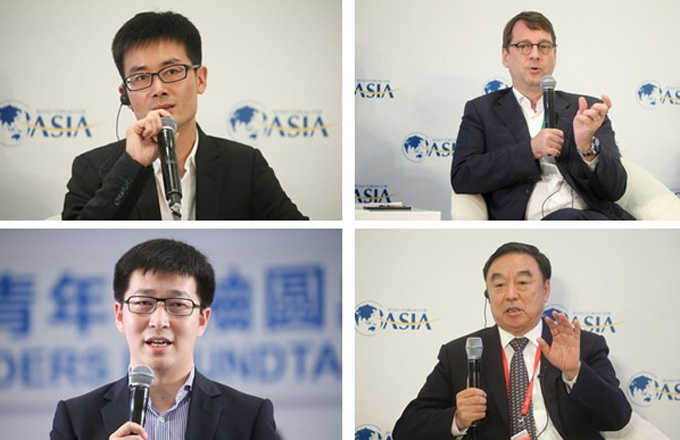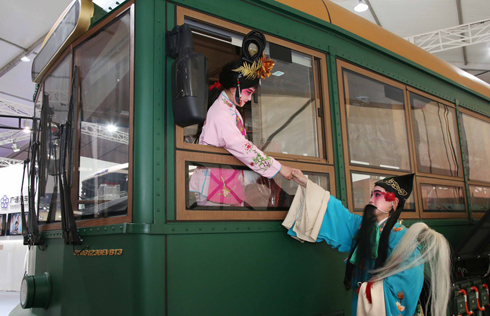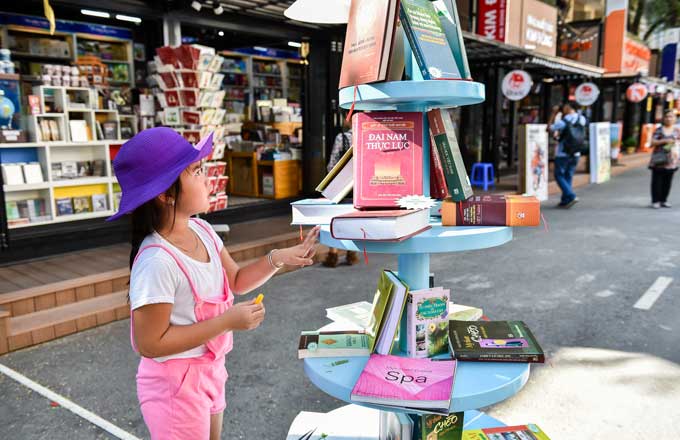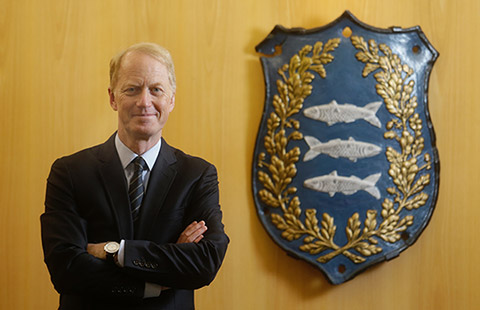Open market policy makes world taste sweeter in China
Rice from Thailand, blueberries from Chile, Australian seafood, French wine ... Zheng Meiqin is one among many new connoisseurs of imported goods that her local supermarket sells these days. In the store in east China's Fuzhou city, Zheng, 50, implements a prudent but proactive shopping policy.
"I love the wide variety of fruit, but the best value is in German beer and Australian milk which are even cheaper than some domestic brands," she said.
A large proportion of Zheng's household goods are also imported-from a Sanyo electric cooker to a Siemens washing machine.
Back in the 1980s, when imported goods were rare in China, the cost of a Japanese TV set represented about 15 times a person's monthly income.
It is middle-class consumers like Zheng who stand to benefit most from the more open Chinese market promised by Premier Li Keqiang when he addressed the opening meeting of the national legislature on March 5.
According to the premier, China is heading for both "deeper and higher level" opening up.
This means big improvements to the environment for foreign investors. There will be more opportunities to invest across the board in primary, secondary and tertiary industries.
Foreign companies will have the right to be listed on China's stock exchanges and to issue bonds. They will be welcomed into national science and technology projects.
Li promised that foreign firms would find equality in terms of license applications, standards and government procurements.
"At a time when isolationism and protectionism are on the rise in the West, China's openness will be the benchmark for continued globalization," said lawmaker Ou Chengzhong.
The open market is sweetening life in China in every conceivable way.
In the northeast, the first freight train from Europe rolled over the border in 2015, laden with vodka, tiramisu and wild Siberian honey. Since then, Russian products have been all the rage.
Chinese supermarket chain Yonghui is just one business to profit from the Changchun-Manzhouli-Europe International Rail Freight Line, a Belt and Road project.
Deng Nanqi, owner of a Fuzhou branch of the store, said there were no imported products at all in any Yonghui store when it opened in 1998. Now half of the goods on the shelves are imported.
Prices of these imports have even fallen since a free trade zone was set up in Fuzhou in 2014.
Deng has seen the price of one liter of milk from Australia drop from 20 yuan ($2.9) to 9 yuan, out-competing many domestic brands.
Snow White and Mickey Mouse are now even closer to the hearts and minds of China's children since Disneyland, with 7 million visitors so far, opened in June last year in Shanghai.
China attracted $130 billion in foreign investment in 2016, up 4 percent.
Fonterra holds high hopes for China's opening-up, foreign investment and structural reform, a win-win situation.

















